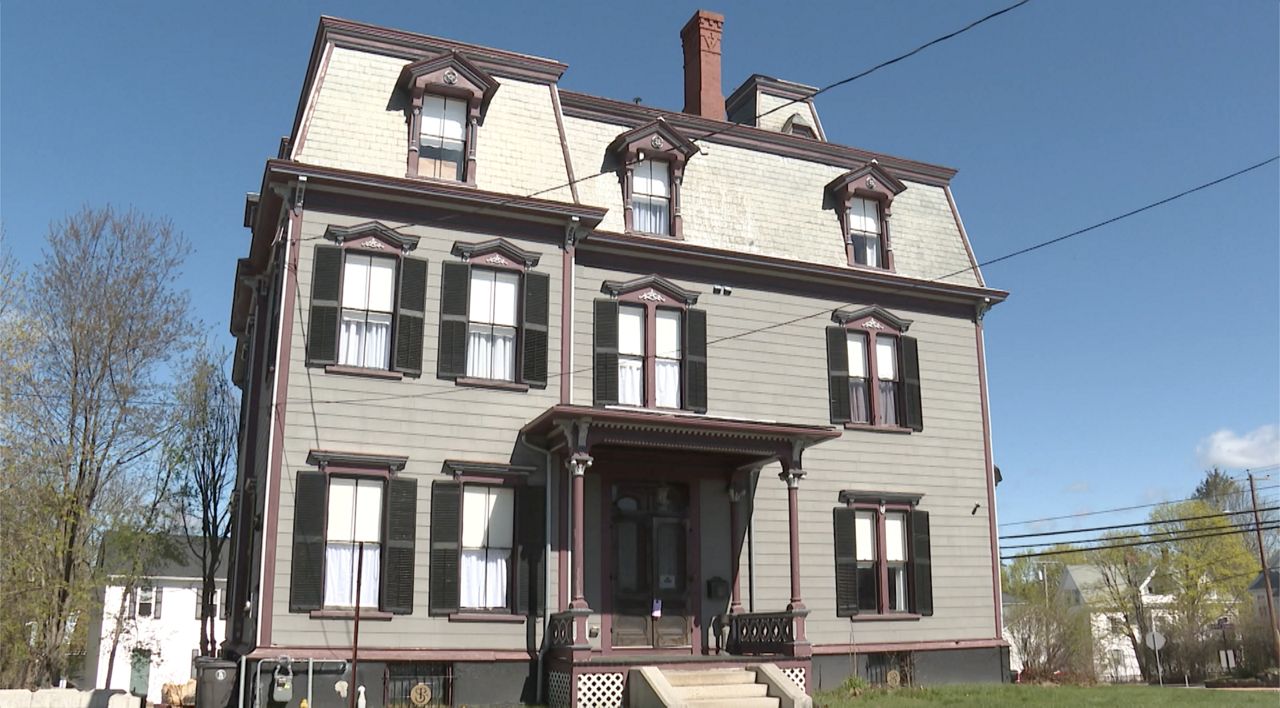Worcester, MASS-- It’s not the most talked about piece of history, but some say you can’t fully understand the American Revolution without knowing Isaiah Thomas and what happened in the city of Worcester.
“I think it’s much less known than the most famous things like Lexington and Concord, Bunker Hill and all the rest,” Scott Casper, president of the American Antiquarian Society. “Thomas was one of the principal printers in the revolutionary period. His newspapers would have been circulated all over the colonies.”
Thomas was a major newspaper printer and publisher in Massachusetts in the 1700s. His beloved printing press, nicknamed Old No. 1, is on display at the American Antiquarian Society in Worcester. Thomas was a ‘Patriot printer’ and used the press to print his newspaper, The Massachusetts Spy.
“The British government issued several warnings to him already. They’ve summoned him to come in and testify about what he’s printing, and he has ignored those summonses,” Casper said. “He gets word from his friend John Hancock that he better think about moving his press out of Boston.”
On April 16, 1775, several of Thomas’s friends disassembled the printing press and brought it 50 miles to Worcester where it would be much safer from British authorities.
“Thomas himself does not come with the press because he understands something is about to happen at Lexington and Concord and he wants to be there to cover the story,” Casper said.
Thomas gets the story of The Battles at Lexington and Concord, the first military engagements of the American Revolution. He then rejoins his press in Worcester and on May 3 he printed first-hand accounts of these battles.
“Anyone else who was writing about it was probably getting word from other people who had been there,” Casper said. “He knew it was going to happen, and he published it.”
This marked a key moment in the Revolution. Thomas’s effort to keep printing is credited with saving an entire communications network.
“He, like other newspapers, sent the paper through the postal system to other printers all over the country,” Casper said. “He was also receiving papers from around the country. This was how they exchanged news. This is how news circulated in 1775.”
Fast forward to 1812 when Thomas founded the American Antiquarian Society to preserve original materials and sources so they weren’t lost forever. We asked Casper what Thomas would think about this preservation of history 250 years later.
“He believed in the importance of an educated citizenry. You can’t have a democratic republic if you don’t have educated citizens,” Casper said. “That’s what he was about as a printer and publisher and that’s what he was about in finding the American Antiquarian Society and I think he’d be pleased to see that mission survive.”









